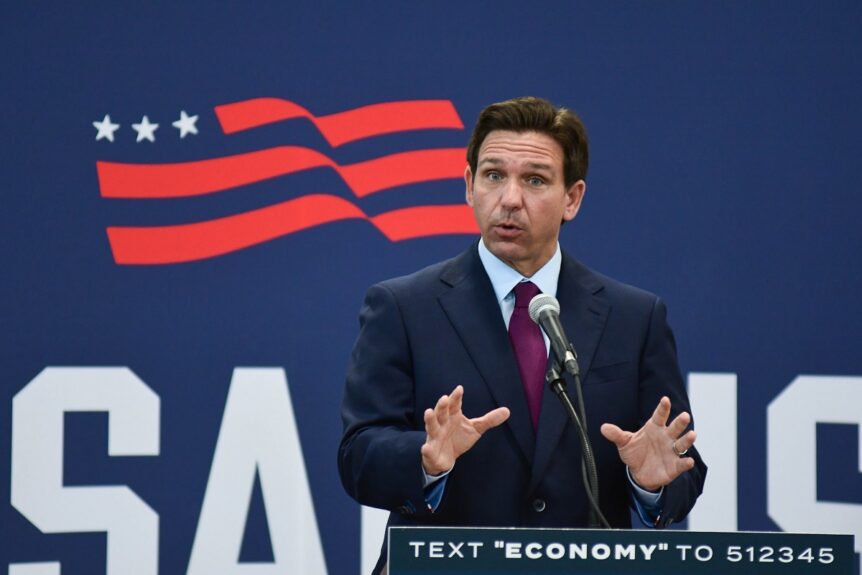Florida’s climate crisis isn’t just a natural disaster; it’s a political battleground. Here’s a breakdown of 18 decisions that have fueled Florida’s climate crisis, putting communities at risk and leaving many feeling abandoned.
1. Climate Change Denial in State Leadership

Image Credit: Shutterstock / aerogondo2
Florida’s state leadership has been notorious for denying climate change, impacting policy effectiveness. Key figures have repeatedly downplayed climate risks, leading to inadequate funding for climate adaptation. As a result, Miami faced a 15% increase in flood events in 2023.
2. Failure to Invest in Sea-Level Rise Mitigation

Image Credit: Shutterstock / PRESSLAB
Despite warnings from scientists, Florida has struggled to invest in sea-level rise mitigation. The state’s reluctance to fund necessary infrastructure upgrades has left coastal communities vulnerable. In 2022, Miami Beach experienced flooding on 30% more days than the previous year.
3. Budget Cuts to Environmental Agencies

Image Credit: Shutterstock / Andrey_Popov
Florida has cut budgets for environmental agencies, affecting their ability to address climate-related issues. These reductions have limited efforts to monitor and respond to environmental threats. In 2023, the state saw a 20% decrease in funding for coastal protection projects.
4. Dismissal of Climate Resilience Planning

Image Credit: Shutterstock / Worawee Meepian
State leaders have often dismissed climate resilience planning as unnecessary or too costly. This short-sightedness has resulted in poorly prepared communities facing increased flooding and storm damage. In 2023, Hurricane Ian caused $15 billion in damages, exacerbated by inadequate resilience measures.
5. Controversial Land Use Policies

Image Credit: Shutterstock / ibragimova
Florida’s land use policies have been criticized for prioritizing development over environmental protection. Aggressive expansion has led to increased runoff and higher flood risks. Recent studies show a 10% rise in urban flooding incidents linked to poor land use planning.
6. Resistance to Federal Climate Initiatives

Image Credit: Shutterstock / Salivanchuk Semen
Florida’s resistance to federal climate initiatives has undermined national efforts to combat climate change. State leaders have frequently opposed federal regulations aimed at reducing emissions and enhancing resilience. This resistance has contributed to slower progress in addressing climate impacts.
7. Inadequate Flood Insurance Support
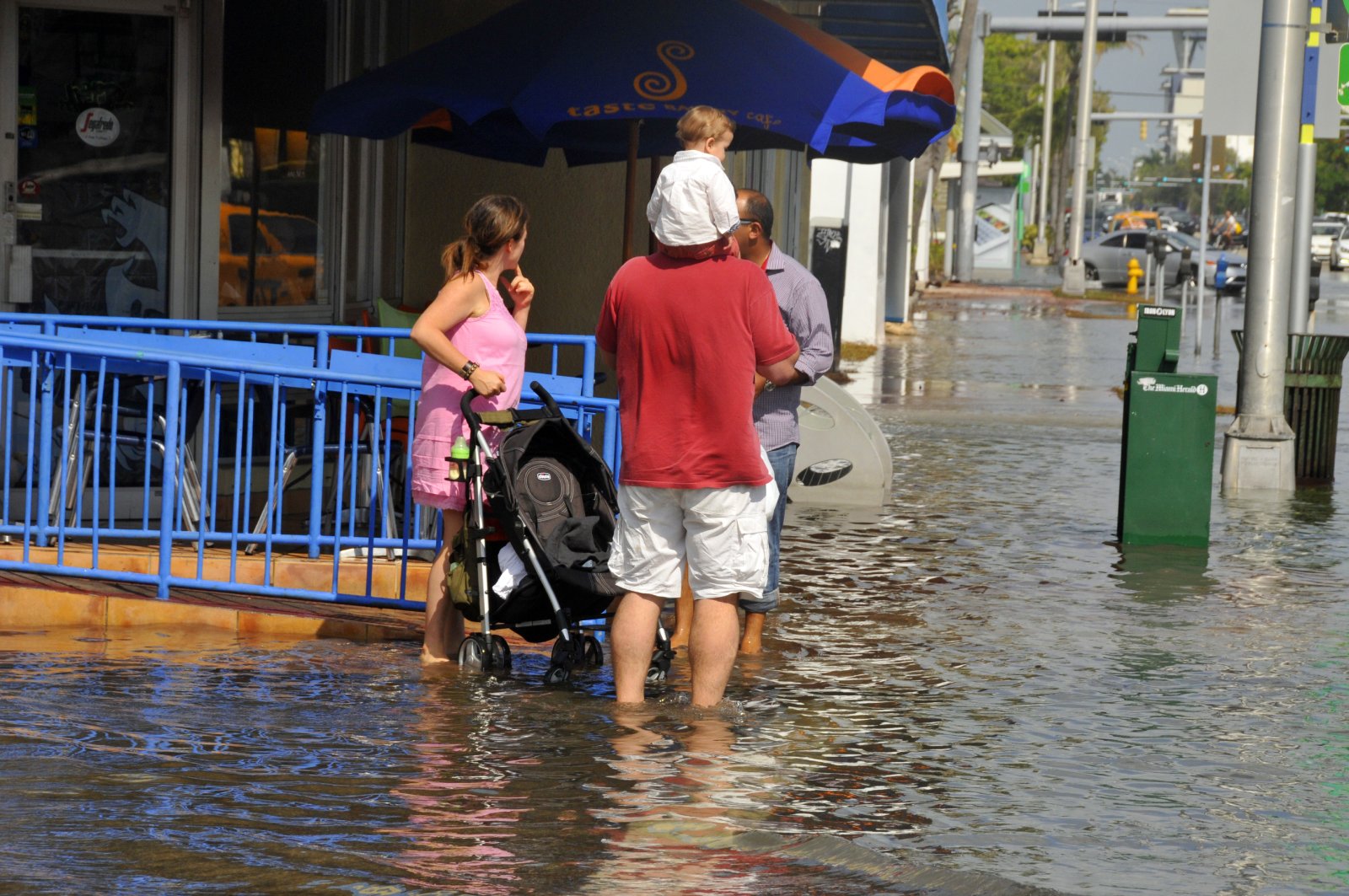
Image Credit: Shutterstock / meunierd
The state has struggled to provide adequate flood insurance support for residents, leaving many unprotected. The lack of comprehensive insurance options has led to significant financial losses for homeowners. In 2023, over 40% of flood-damaged homes in Florida lacked sufficient insurance coverage.
8. Controversial Environmental Deregulation
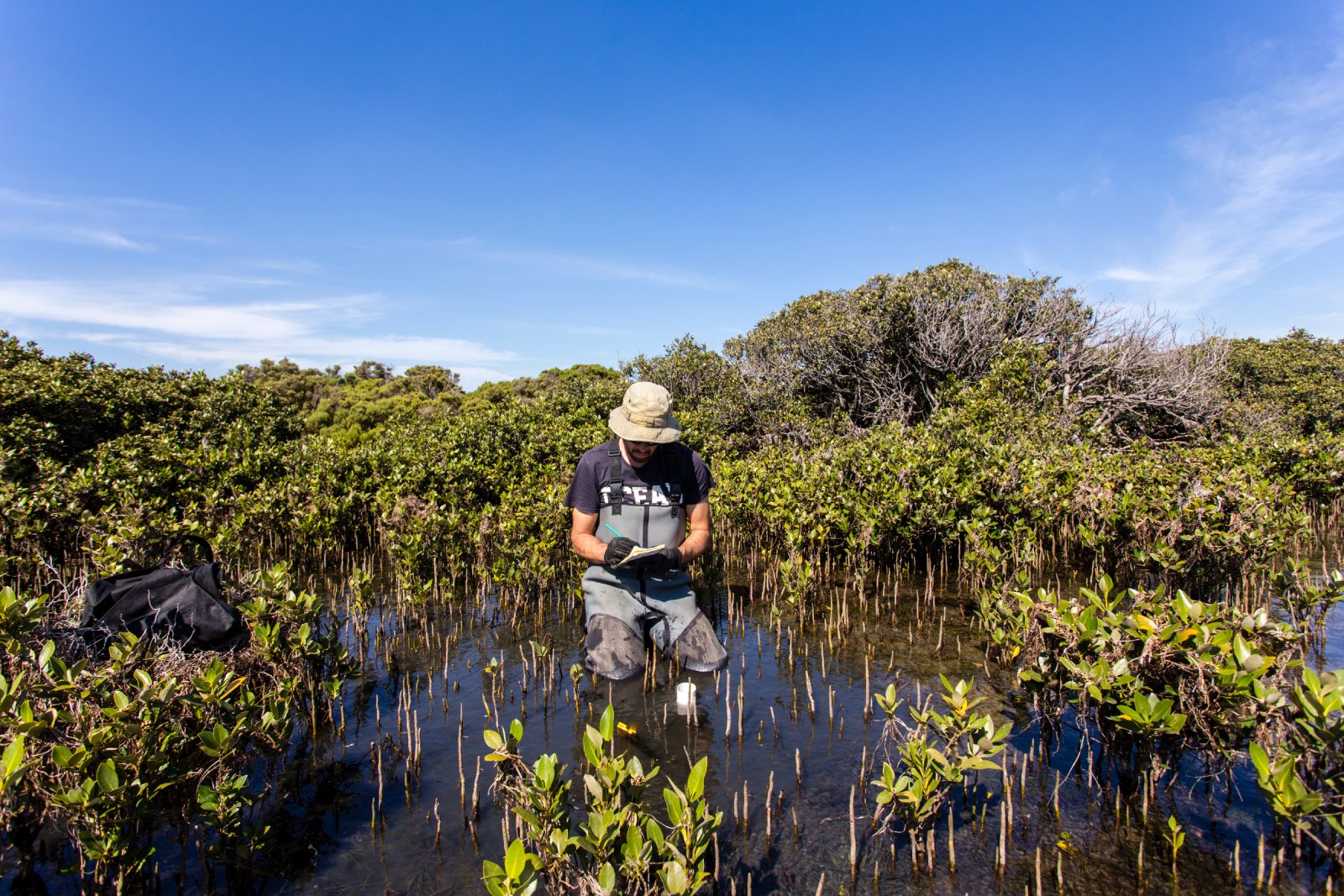
Image Credit: Shutterstock / I. Noyan Yilmaz
Florida has pursued environmental deregulation, weakening protections for natural resources. These policies have led to increased pollution and environmental degradation. In 2023, air quality in Tampa deteriorated by 12%, partly due to relaxed environmental regulations.
9. Political Influence Over Climate Science

Image Credit: Shutterstock / PanuShot
Political influence has often interfered with the presentation of climate science in Florida. Attempts to censor or downplay scientific findings have hindered informed policymaking. In 2023, a study found that 25% of state climate reports were altered to reflect political agendas.
10. Delayed Infrastructure Upgrades
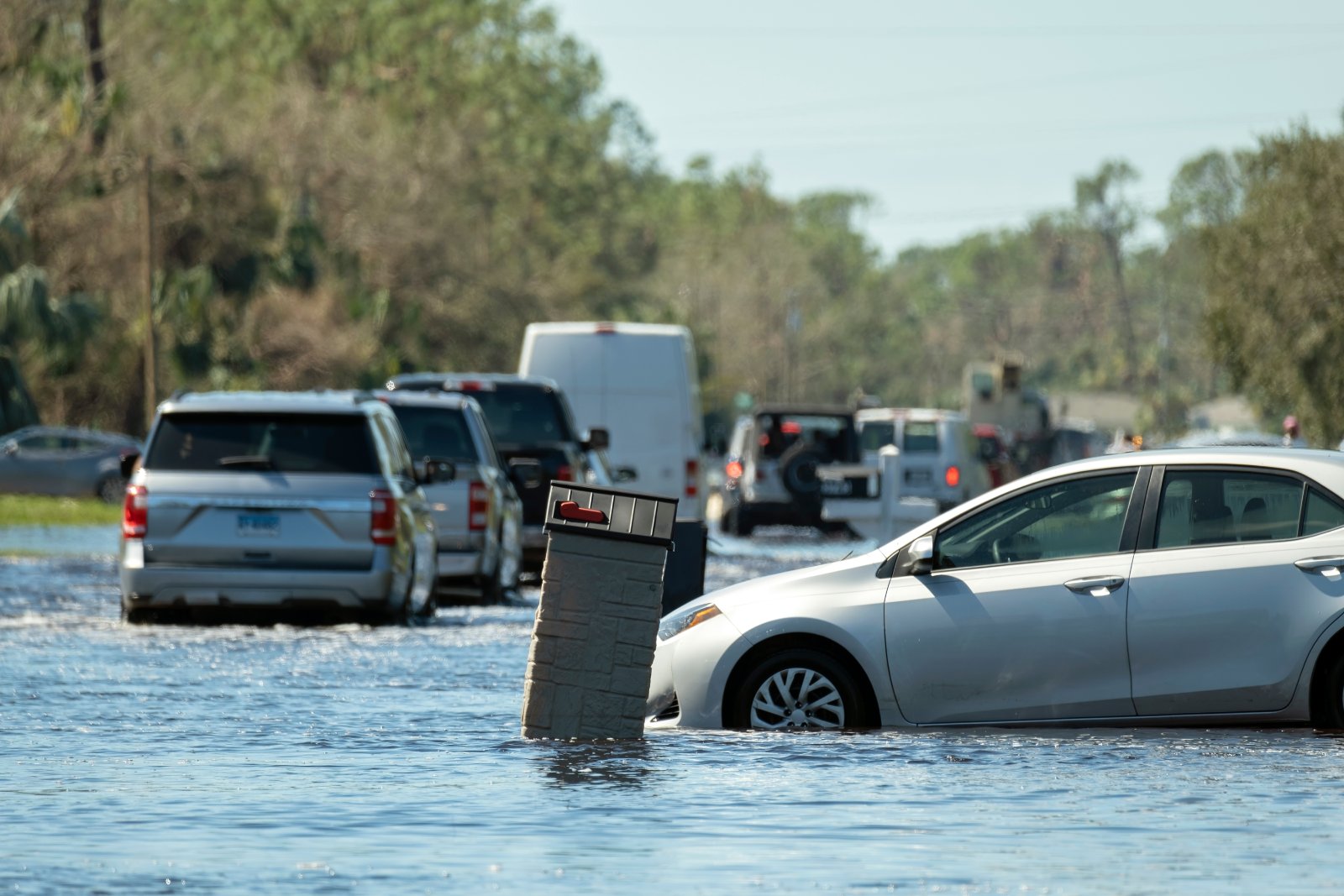
Image Credit: Shutterstock / Bilanol
Florida’s infrastructure upgrades have been significantly delayed, exacerbating climate impacts. The state’s slow response to necessary improvements has increased vulnerability to extreme weather events. Recent flooding events revealed critical infrastructure failures, leading to substantial property damage.
11. Neglect of Coastal Erosion Issues
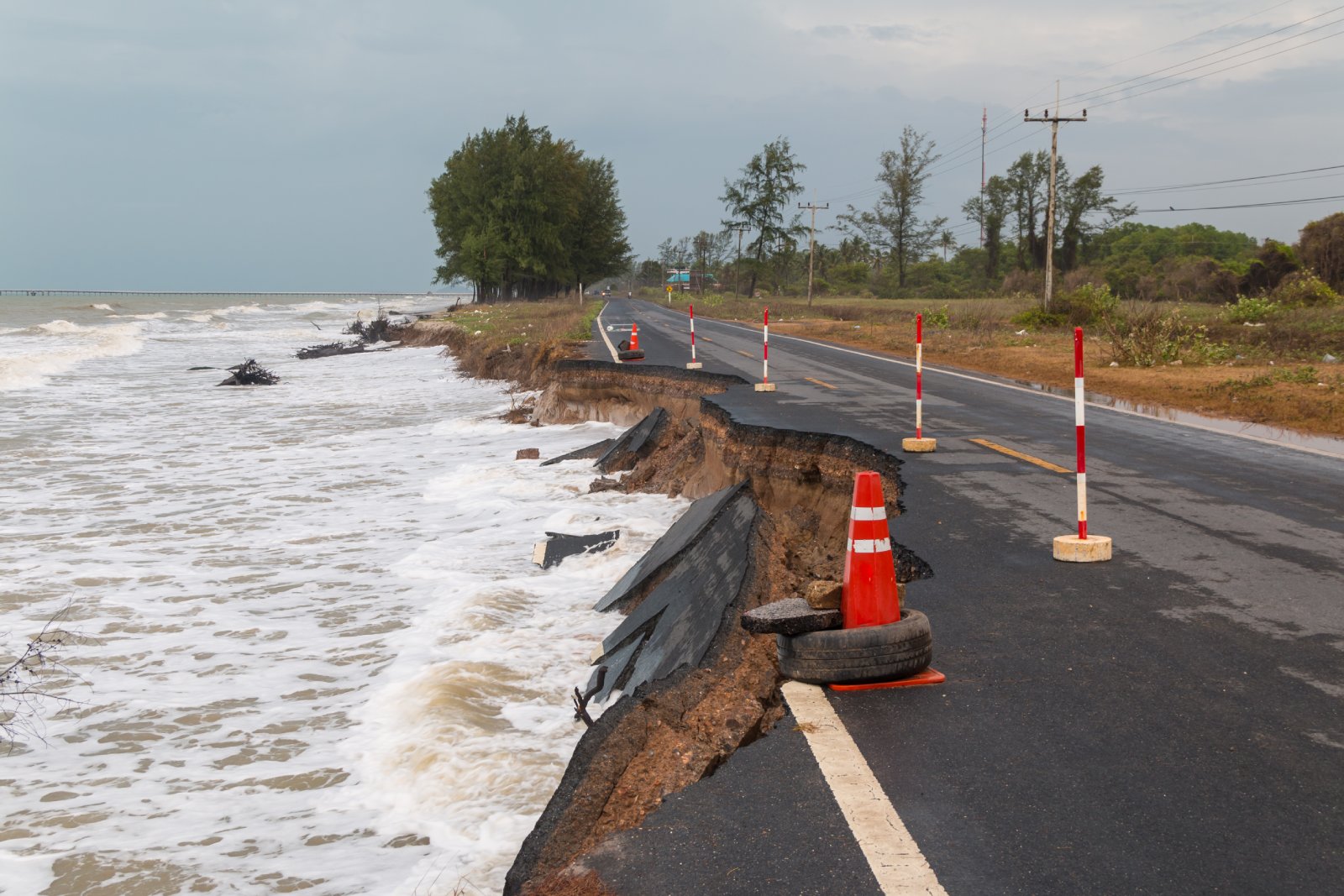
Image Credit: Shutterstock / Attapol Yiemsiriwut
Coastal erosion has been a persistent issue in Florida, but state policies have often neglected it. Insufficient funding and planning have resulted in worsening erosion and loss of valuable coastal land. In 2023, coastal erosion rates increased by 15% along Florida’s shoreline.
12. Disregard for Climate Adaptation Strategies
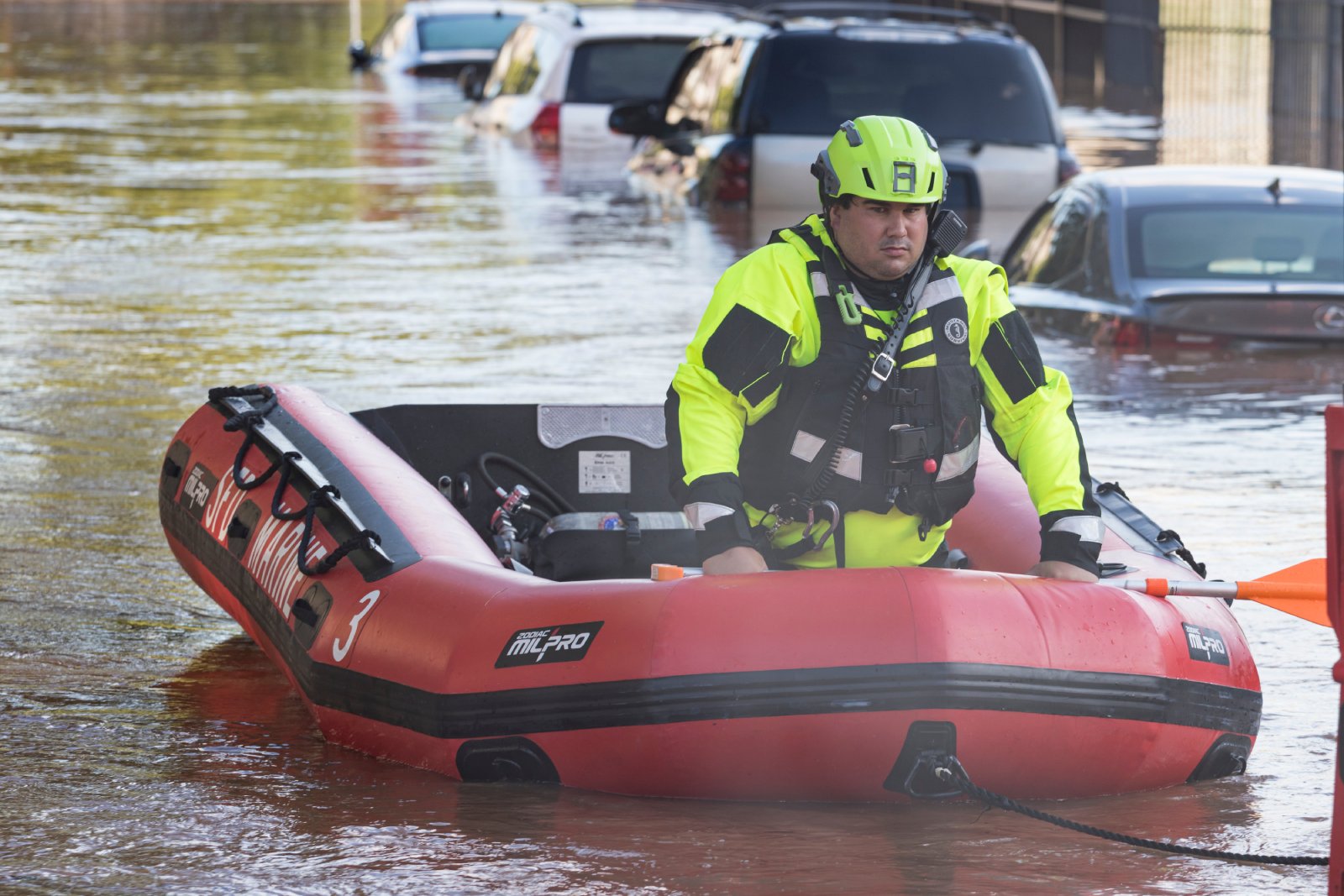
Image Credit: Shutterstock / Benjamin Clapp
State leaders have frequently disregarded climate adaptation strategies, focusing instead on short-term economic gains. This lack of foresight has left communities ill-prepared for climate impacts. In 2023, nearly 30% of flood-prone areas lacked adequate adaptation measures.
13. Controversial Development Projects in Vulnerable Areas
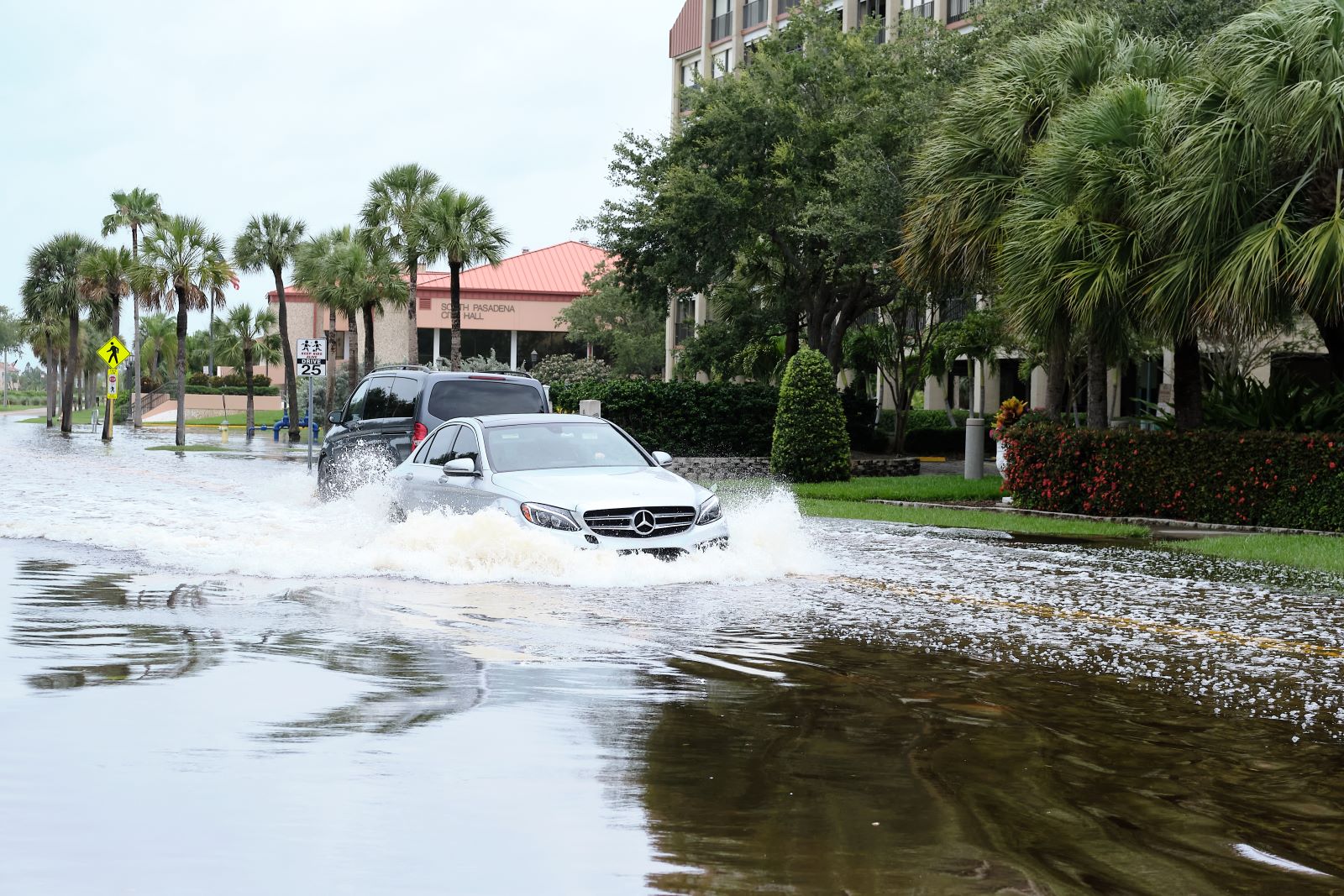
Image Credit: Shutterstock / M Julian Photography
Development projects in vulnerable areas have been criticized for their environmental impact. These projects often exacerbate flooding and other climate-related issues. In 2023, a major development in Sarasota led to a 25% increase in local flooding incidents.
14. Inconsistent Policy Enforcement

Image Credit: Shutterstock / Salivanchuk Semen
Inconsistent enforcement of climate policies has undermined their effectiveness. The lack of uniform application has led to uneven progress in addressing climate impacts. In 2023, enforcement failures resulted in a 20% increase in violations of environmental regulations.
15. Lack of Comprehensive Climate Action Plan

Image Credit: Shutterstock / Salivanchuk Semen
Florida has lacked a comprehensive climate action plan, leading to fragmented and ineffective policies. The absence of a cohesive strategy has hindered coordinated efforts to combat climate change. In 2023, 40% of climate-related projects in Florida were delayed or incomplete due to planning gaps.
16. Opposition to Renewable Energy Initiatives

Image Credit: Shutterstock / pan demin
Opposition to renewable energy initiatives has slowed Florida’s transition to clean energy. Political resistance to solar and wind projects has kept the state reliant on fossil fuels. In 2023, Florida’s renewable energy share was just 5%, compared to the national average of 15%.
17. Controversial Water Management Policies
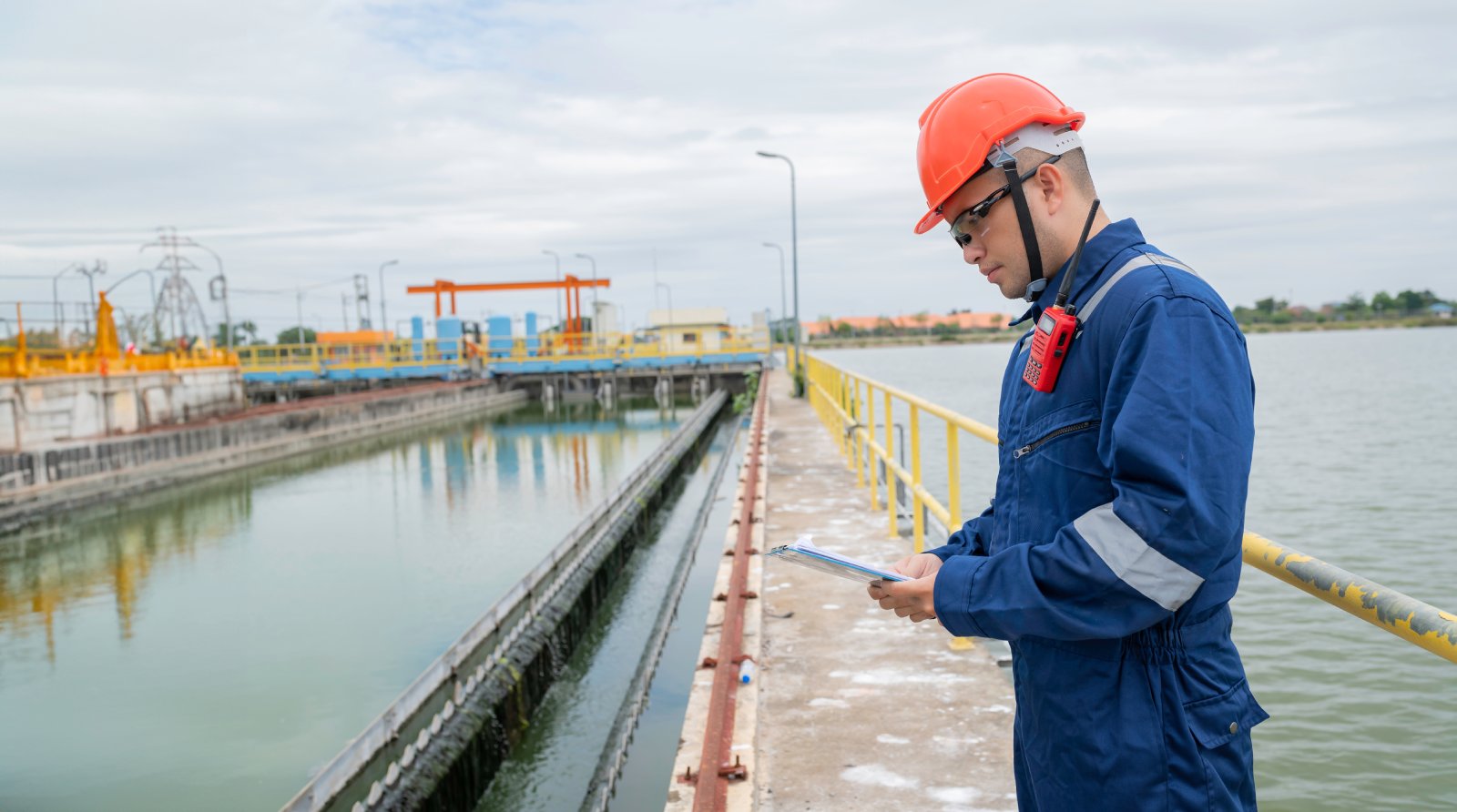
Image Credit: Shutterstock / kittirat roekburi
Water management policies in Florida have been criticized for their ineffectiveness in addressing droughts and floods. Mismanagement has led to exacerbated water issues and increased climate risks. In 2023, the state experienced a 20% increase in drought conditions compared to the previous year.
18. Failure to Address Extreme Heat

Image Credit: Shutterstock / Tom Wang
Extreme heat has become more prevalent, yet state policies have often failed to address it effectively. Insufficient measures to protect vulnerable populations from heatwaves have led to increased health risks. In 2023, Florida saw a 15% rise in heat-related illnesses.
The Climate Crisis We Can’t Ignore

Image Credit: Shutterstock / Piyaset
Florida’s political battles over climate change are not just about policy—they’re about survival. Can the state reconcile its political disputes and implement effective solutions before it’s too late?
Oil Dumping Scandal Rocks Ships Heading to New Orleans

Image Credit: Shutterstock / Aerial-motion
Two shipping companies have been fined after knowingly hiding a large oil spill in the Atlantic Ocean. Oil Dumping Scandal Rocks Ships Heading to New Orleans
20 Eye-Opening Realities Facing Retiring Baby Boomers

Image Credit: Shutterstock / Jack Frog
As Baby Boomers approach retirement, the promise of leisure and security often seems unattainable. This generation faces unique challenges that could redefine retirement. Here’s a stark look at the realities shaping their outlook. 20 Eye-Opening Realities Facing Retiring Baby Boomers
Retail Apocalypse: Massive Closures Sweep Across U.S. Brands

Image Credit: Shutterstock / Tada Images
Stores across the U.S. are closing at unprecedented levels, according to new research from advisory firm Coresight Research. Read on for more information about the impact this could have on you and your communities. Retail Apocalypse: Massive Closures Sweep Across U.S. Brands
Featured Image Credit: Shutterstock / Andrew Cline.
For transparency, this content was partly developed with AI assistance and carefully curated by an experienced editor to be informative and ensure accuracy.

